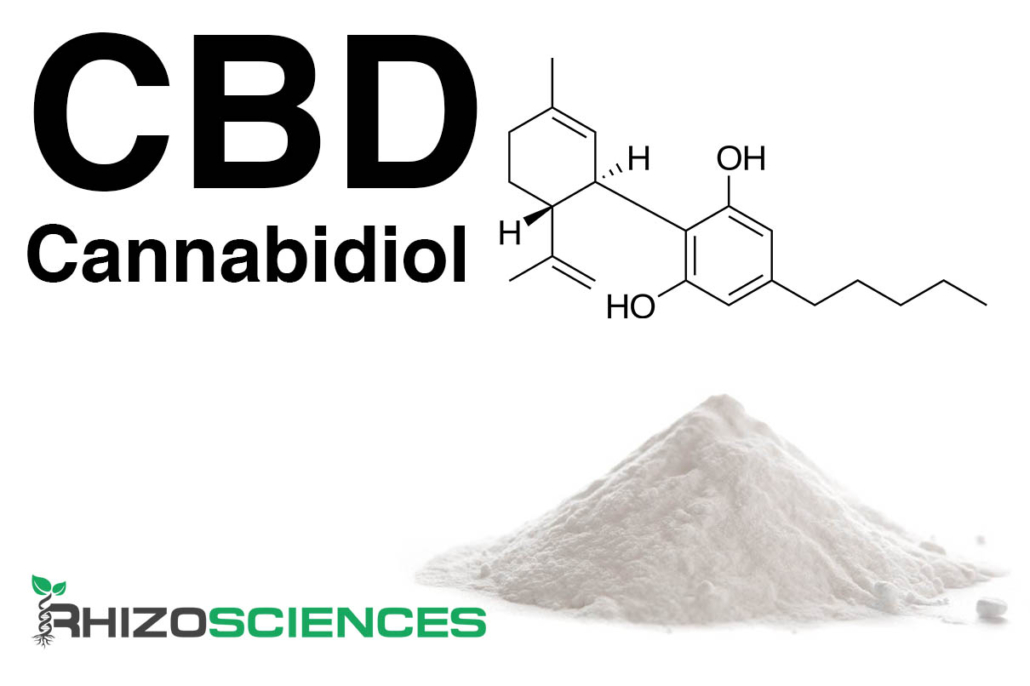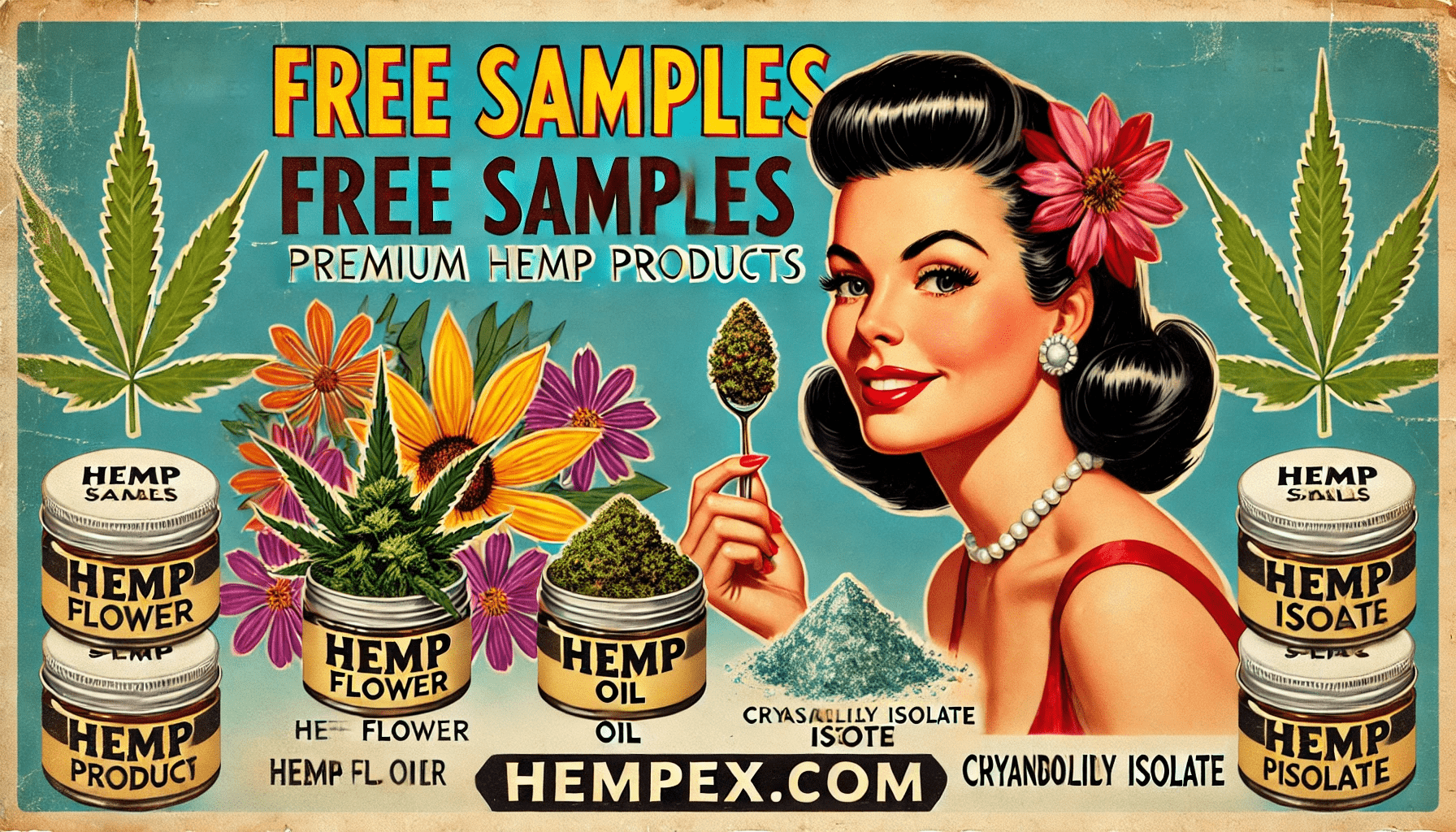CBD (Cannabidiol)
What is CBD (a.k.a. Cannabidiol)?
Cannabidiol (CBD) is one of the naturally occurring cannabinoids found in cannabis plants. It is typically the second most abundant cannabinoid in most medical and recreational cannabis strains and is the most abundant cannabinoid in hemp plants.
How is CBD Made from Hemp or Cannabis?
CBD is commonly extracted from specially bred high CBD hemp cultivars. It is found on the flowers (buds) and leaves of cannabis and hemp plants. Widely used as a therapeutic compound, CBD offers benefits for a range of conditions.
To make CBD for use in food or medicine, hemp must be cultivated, harvested, dried, processed, extracted, refined, and purified using specialized equipment and processes.
CBD Isolation from Hemp
CBD Isolation from hemp is a complex process. Producing medical-grade CBD requires clear provenance and quality standards throughout the process:
•Cultivar selection: High CBD Hemp Cultivars
•Cultivation: High CBD Medical Hemp Cultivation
•Processing: Hemp Post Harvest Processing
•Selecting Quality Extraction Material: CBD Processing from Hemp
•Extraction: CBD Hemp Extraction
•Refinement: CBD Manufacture from Hemp
•Isolation: CBD Isolation from Hemp
CBD Products
CBD is available in a range of forms, from CBD extracts such as CBD oil and distillate to finished CBD products like tinctures, capsules, and vape products.
CBD Technical Information
CBD is a 21-carbon terpenophenolic compound formed following decarboxylation from a cannabidiolic acid precursor. It can also be produced synthetically. Under experimental conditions, CBD can be converted to tetrahydrocannabinol (THC); however, this conversion does not appear to occur significantly in patients undergoing CBD treatment.
In experimental models of abuse liability, CBD shows little effect on conditioned place preference or intracranial self-stimulation. In an animal drug discrimination model, CBD failed to substitute for THC. In humans, CBD exhibits no effects indicative of any abuse or dependence potential. It has been demonstrated as an effective treatment for epilepsy in several clinical trials, with one pure CBD product (Epidiolex®) currently in Phase III trials.
There is preliminary evidence that CBD may be useful for treating a number of other medical conditions. Unsanctioned medical use of CBD-based products includes oils, supplements, gums, and high concentration extracts available online for treating various ailments. CBD is generally well tolerated with a good safety profile. Reported adverse effects may result from drug-drug interactions between CBD and patients’ existing medications.
Several countries have modified their national controls to accommodate CBD as a medicinal product. To date, there is no evidence of recreational use of CBD or any public health-related problems associated with pure CBD use.


